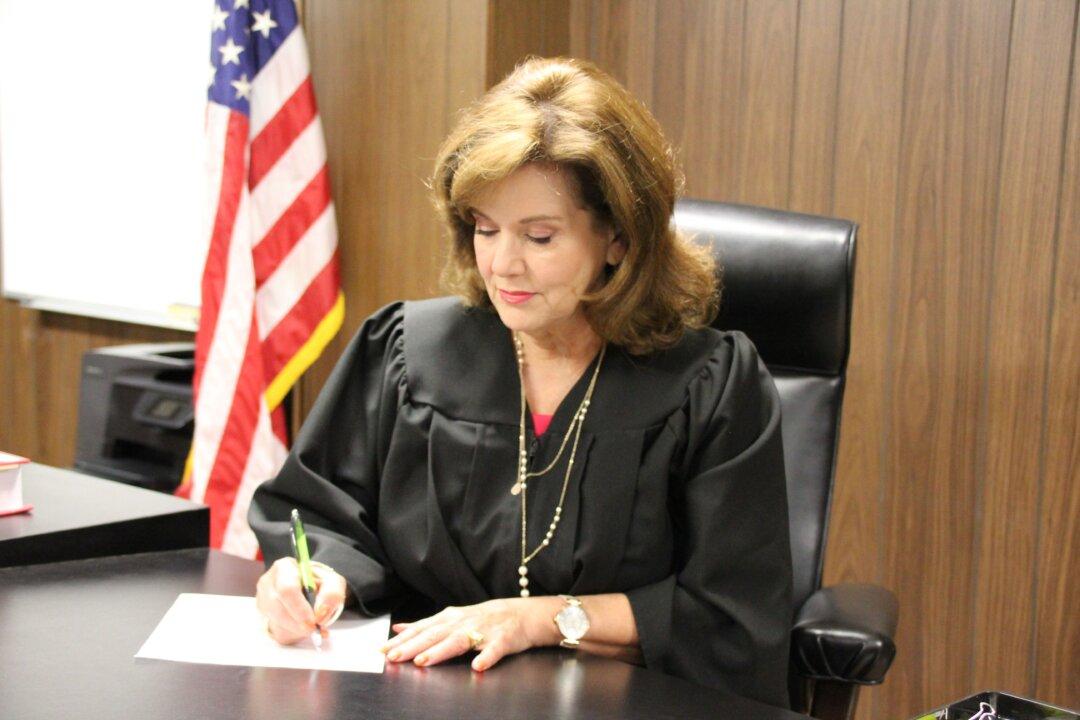The Texas Supreme Court is set to hear a case involving a Texas judge who was reprimanded in 2019 after she provided “reasonable accommodations” for same-sex couples seeking a courthouse wedding, instead performing the weddings herself.
As a Christian, officiating gay weddings violated her sincerely held religious beliefs.





